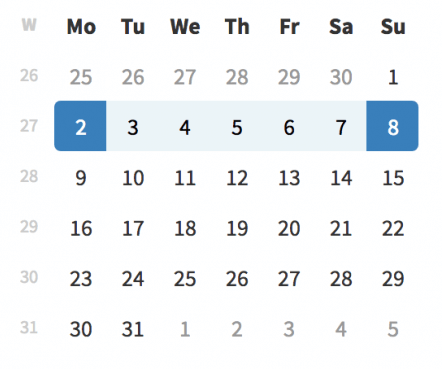Having a career in OutSystems
Are you interested in building enterprise-grade web and mobile applications with minimal coding? Do you want to become a proficient developer using the most popular low-code platform in the market? If so, then OutSystems is the perfect platform for you to learn and master.
OutSystems is a low-code platform that enables developers to build custom applications quickly and efficiently without the need for extensive coding knowledge. With OutSystems, you can develop web and mobile applications faster and better than with traditional coding, delivering a better experience for end-users and clients.
In this article, we’ll explore the key areas you need to focus on to become a good OutSystems developer. We’ll discuss the essential skills and knowledge required to develop robust, efficient, and secure applications using the OutSystems Platform. By the end of this article, you’ll have a solid understanding of what it takes to become an expert in OutSystems development and how to get started on your journey to becoming a skilled OutSystems developer.
How to prepare to be an OutSystems developer
To become an OutSystems developer, you don’t need any specific prerequisites or technical background. However, having knowledge and experience in the following areas can be helpful:
- Web Development: Having a good understanding of web development fundamentals such as HTML, CSS, and JavaScript can be advantageous.
- Databases: Knowledge of database concepts such as data modeling, SQL, and database design can be helpful when working with OutSystems databases or connecting with external ones.
- Software Development Lifecycle: Familiarity with software development lifecycle phases such as requirements gathering, design, development, testing, deployment, and maintenance are fundamental. But if you don’t know, someone on the team will give you the basics.
- Programming: Familiarity with programming in .Net can be very useful as the main extension of OutSystems Platform capabilities is by doing code. Surprised? That’s why it is called Low-code, not no-code- You can do much without code. And even more with it.
However, even if you don’t have any background in these areas, you can still learn OutSystems as it is designed to be easy to learn and use. The platform provides a visual development environment with wizards and suggestions that will guide you even if you don’t follow the best practices, which simplifies application development and reduces the need for manual coding. Additionally, OutSystems offers extensive (and online and free) training programs, which can help you acquire the necessary skills and knowledge to become an expert in OutSystems development.
What is expected from an OutSystems Developer
To be a good OutSystems developer, you need to have a solid understanding of the platform’s architecture, features, and best practices. Here are some key areas you should focus on:
- Platform Architecture: Get familiar with the platform’s architecture, including its components, layers, and infrastructure. Understand the different types of OutSystems applications, such as web, mobile, and reactive, and their corresponding development environments.
- Development Environment: Familiarize yourself with the OutSystems development environment, which includes the Service Studio, Integration Studio, and LifeTime. Learn how to use Service Studio to develop web and mobile applications, how to use Integration Studio to connect with external systems, and how to use LifeTime to manage the full application lifecycle.
- Development Fundamentals: Master the fundamental concepts of OutSystems development, such as entities, actions, screens, and logic. Learn how to use built-in widgets, such as data grids, forms, and charts, to build user interfaces.
- Integration with External Systems: Understand how to integrate OutSystems applications with external systems, such as databases, APIs, and web services. Learn how to use Integration Studio to create integrations, and how to handle errors and exceptions.
- Best Practices: Follow best practices for OutSystems development, such as using naming conventions, following the Reactive Web Patterns, avoiding unnecessary database queries, and keeping your code modular and reusable.
- Performance Optimization: Optimize the performance of applications by following best practices, such as caching data, optimizing database queries, and avoiding unnecessary server calls.
- Security: Understand how to secure OutSystems applications by following best practices, such as protecting user data, preventing cross-site scripting attacks, and securing integrations with external systems.
- Use the Community Resources: Take advantage of the OutSystems community resources, such as the forums and training, to learn from other developers and stay up-to-date with the latest developments in the platform.
By focusing on these key areas, you can become a skilled OutSystems developer and build robust and efficient applications that meet the needs of your clients and end-users.
Partially created with ChatGPT-3, but adapted to reality by me.



Post Comment